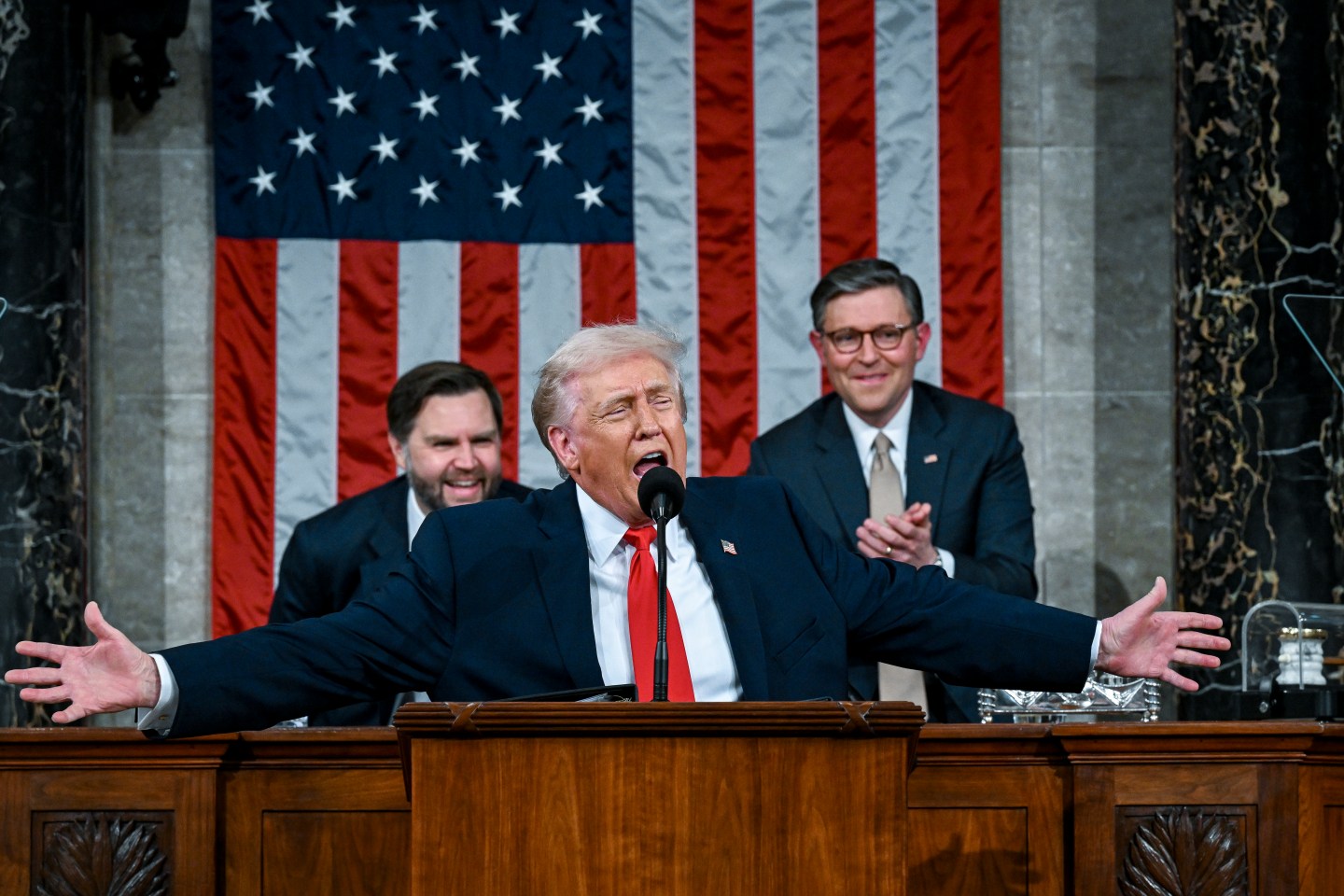- Bill Gates is urging Congress to renew America’s commitment to foreign aid, warning that funding cuts risk reversing decades of progress in global health. The Microsoft cofounder noted U.S. spending has halved childhood deaths worldwide over the past 25 years, and pledged nearly all his wealth to the Gates Foundation to continue that mission. While DOGE-led cuts have been controversial, Gates remains optimistic that even modest U.S. contributions can save millions more lives.
Bill Gates is calling on Washington, D.C., to examine its moral compass on foreign aid, and renew its spending pledges to poorer nations.
Gates, the cofounder of Microsoft and founder of the multibillion-dollar philanthropic Gates Foundation, was optimistic in the early days of the Trump administration that the White House was open to hearing the need for spending on foreign aid.
However, in the months that have passed since, Trump’s team—most notably Tesla CEO Elon Musk and his Department of Government Efficiency (DOGE)—has wiped billions in foreign aid in a cost-cutting and efficiency drive.
Since 2001, Pew Research estimates the U.S. has spent between 0.7% and 1.4% of its GDP on foreign aid. In 2023, the most recent figures obtained by Pew, that number stood at $71.9 billion and 1.2% of federal outlays. These funds have gone toward everything from fighting diseases like polio and TB to environmental and educational projects in nations around the world.
However, that relatively small portion of the federal budget has been one of contention, with voters and politicians asking why U.S. funds are being spent abroad when domestic issues are piling up.
“So this crisis is that some people are saying, ‘Hey, even that 1%—should we do that or not?’ And I’m saying, ‘Listen to the people who go out and see the work.’ We shouldn’t have this be the first year that more children die than the year before,” Gates told CBS Mornings in an interview aired yesterday. “We should continue the progress that Americans should be very proud of.”
Gates is putting his money where his mouth is. In May the tech titan announced he had decided to give away “virtually all of my wealth”—some $100 billion—to his foundation, where it will be deployed to cure diseases in the poorest countries around the world. But the funds came with a caveat: That work must be completed, and the foundation’s $200 billion (including its current endowment and projected growth) must be spent, in the next 20 years. Then the Gates Foundation will shut its doors for good.
Gates said USAID cuts have pushed up the debt for organizations that had been built on the funds, with staff looking nervously to the next budget to see how much had been allocated to foreign aid. He said, “The big question is, as [government] set the new budget, what level will that get set at, and will that money actually be sent out?
“So this is a great time that the Congress gets to show its sense of values, to continue the fight against polio, to make sure mothers get the nutrition they need. With all the things going on in the world, even though this affects more children than anything else, it’s not advisable as it used to be. Most people don’t even know about the great success we had.”
Remaining optimistic
Gates had previously issued dire warnings on the impact of DOGE’s cuts to USAID. For example, in an interview with the Financial Times earlier this year, Gates said: “The picture of the world’s richest man [Elon Musk] killing the world’s poorest children is not a pretty one.”
Musk, leading DOGE at the time, hit back: “I’d like him to show us any evidence whatsoever that that is true. It’s false.” But he did concede: “If in fact this is true, which I doubt it is, then we’ll fix it.”
Striking a more constructive tone with CBS, Gates said he had reasons to be optimistic. “The last 25 years were miraculous,” he said. “With a very modest level of generosity … the U.S. with partners was able to reduce the number of children who die every year from over 10 million a year to less than 5 million a year.
“In fact, if we just maintain that modest level, because of the great innovations and incredible people in the field doing this work, we can cut it in half again.”













